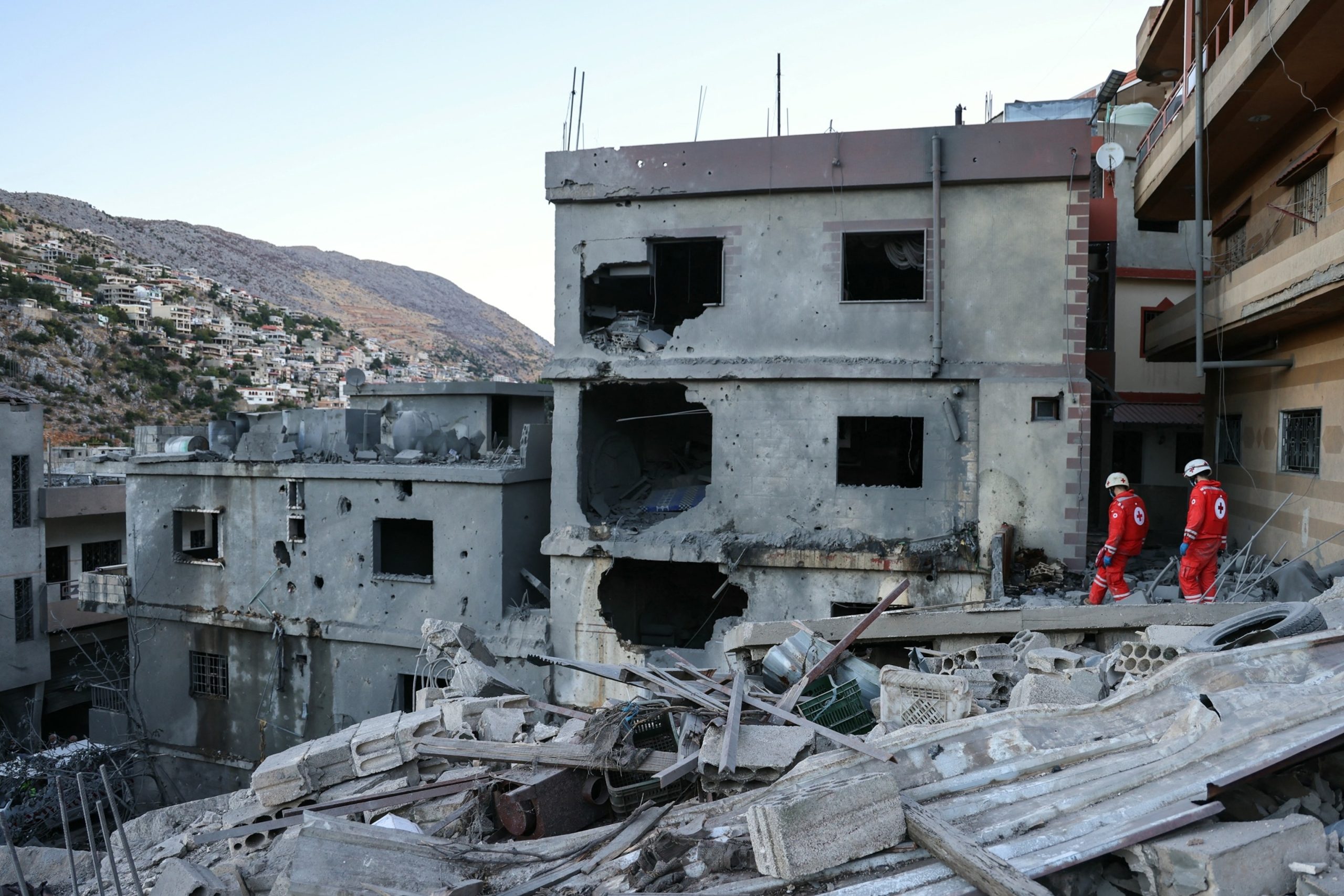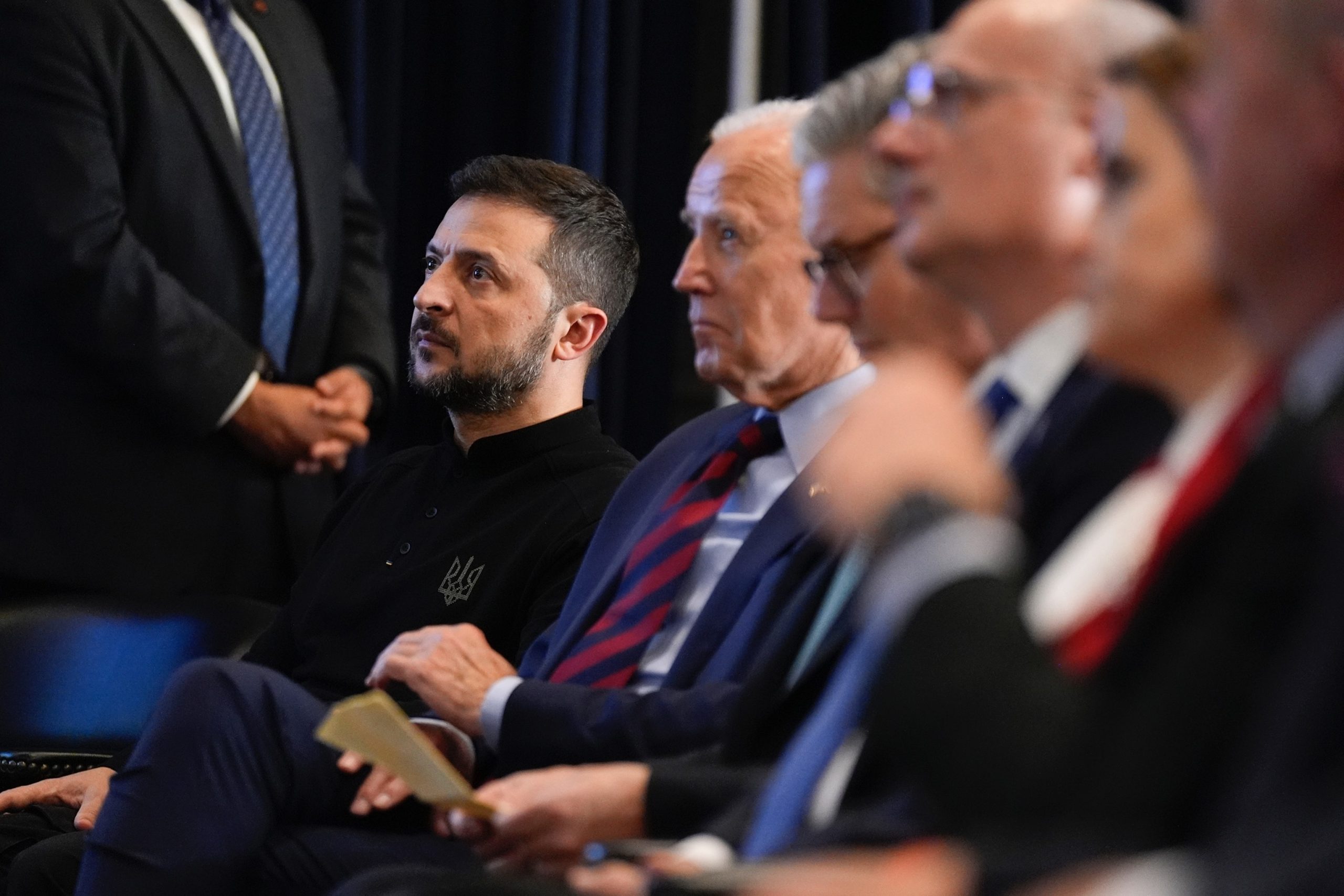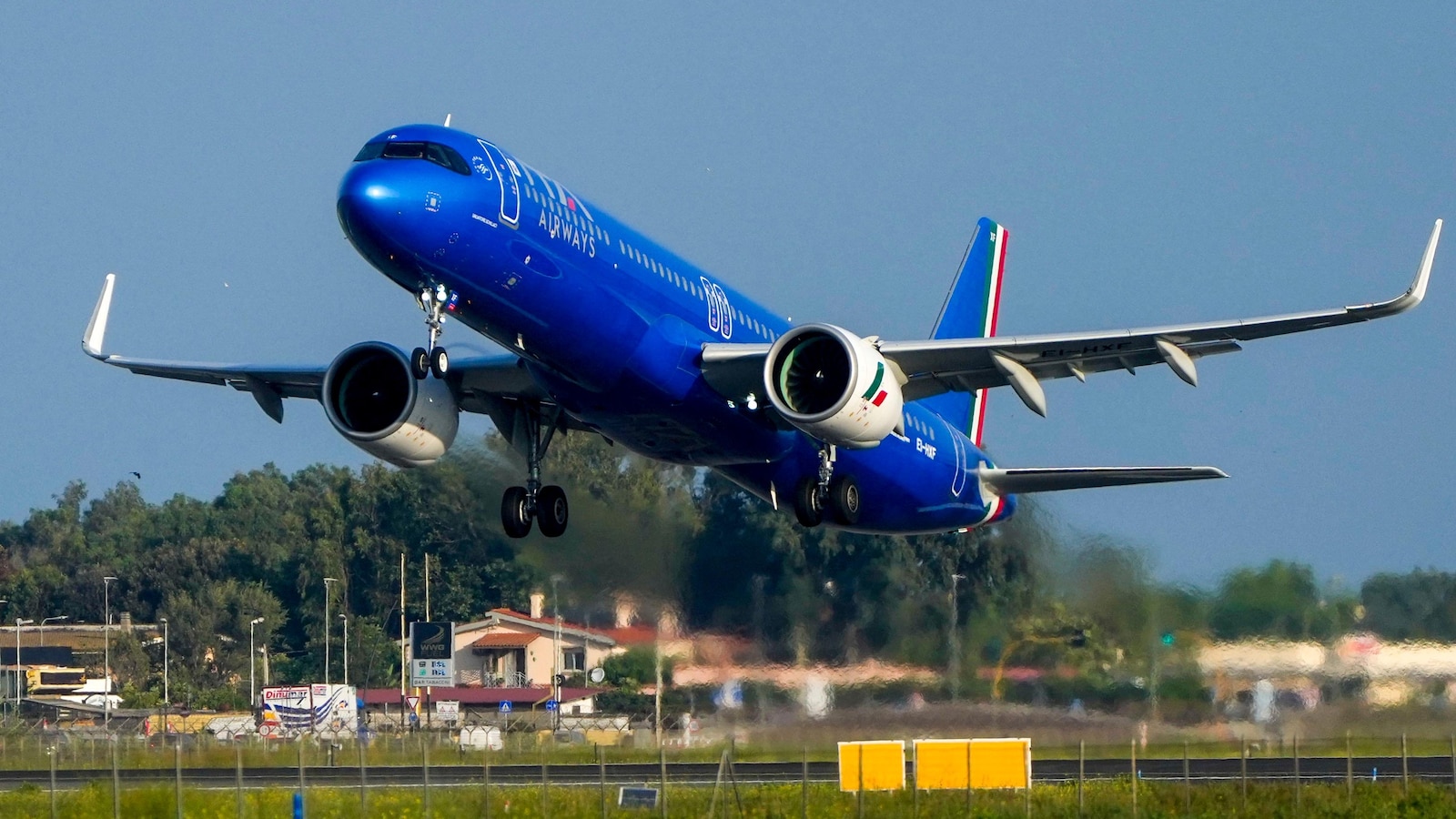Israel targeted Hezbollah leader Hassan Nasrallah in a strike Friday on Beirut, according to a senior U.S. official. Nasrallah and some of his lieutenants were in Beirut making a quick visit when the strike took place, according to the official.
Israel let the U.S. know less than an hour before this strike that it was going to target Nasrallah, the official said.
It’s unclear whether the strike was successful.
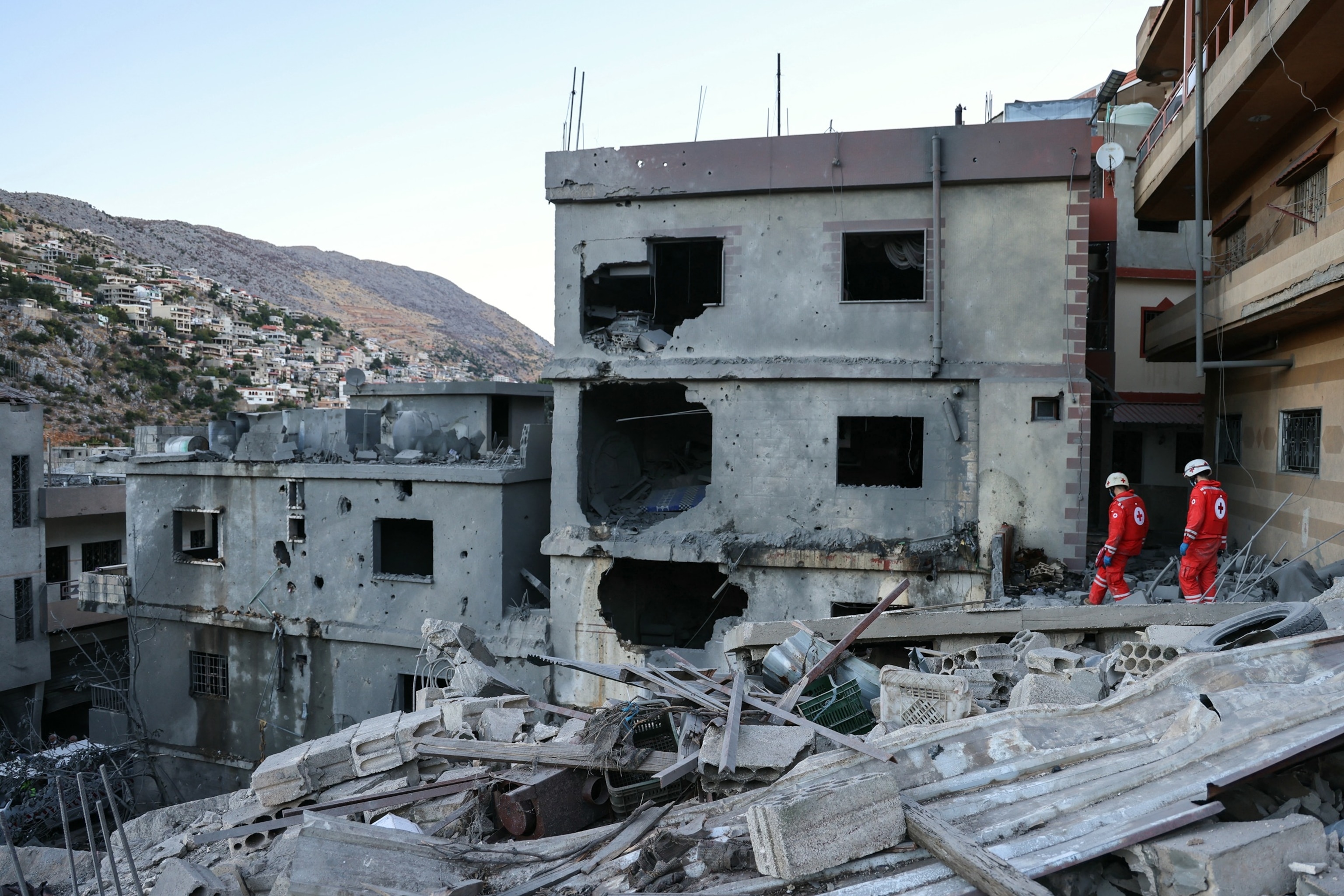
Rescuers check the destruction following an overnight Israeli airstrike in the southern Lebanese village of Shebaa near along the border between the two countries, Sept. 27, 2024.
Rabih Daher/AFP via Getty Images
A huge plume of smoke could be seen over a residential area of Beirut on Friday as Israel claimed it struck Hezbollah’s central headquarters in the city.
“Moments ago, the Israel Defense Forces carried out a precise strike on the central headquarter of the Hezbollah terror organization that served as an epicenter of Hezbollah’s terror,” the IDF said in a statement, before accusing Hezbollah of intentionally building the headquarters amid civilian infrastructure.
“Hezbollah’s central headquarter was intentionally built under residential buildings in the heart of the Dahia in Beirut as part of Hezbollah strategy of using Lebanese people as human shields,” the IDF said.
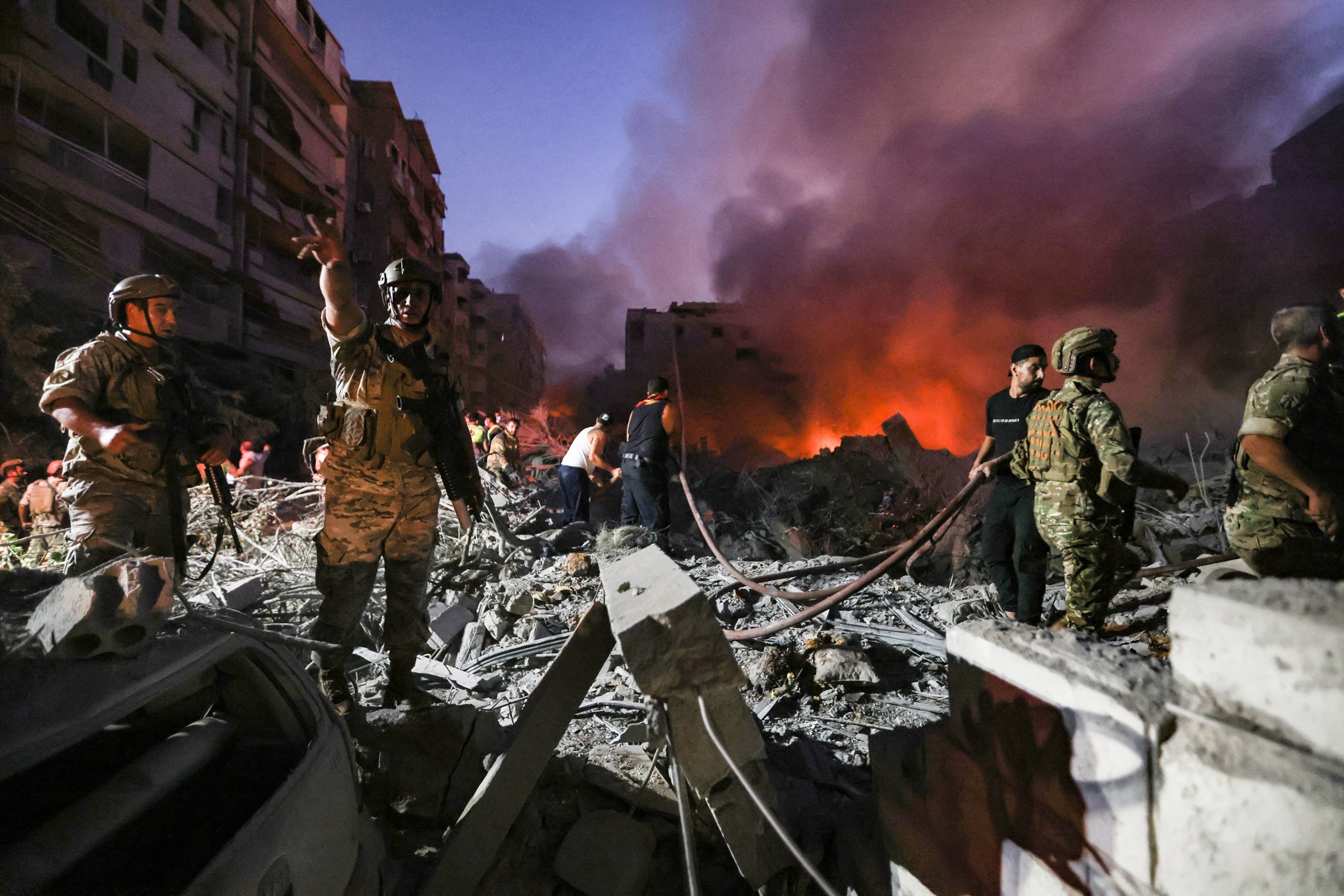
Lebanese army soldiers gather over the rubble of a levelled buildings as people flight the flames, following Israeli air strikes in the Haret Hreik neighborhood of Beirut’s southern suburbs, Sept. 27, 2024.
Ibrahim Amro/AFP via Getty Images
Exchanges continued between Israel and Lebanon on Thursday. More than 700 people have been killed in Israeli strikes on Lebanon since Monday, according to Lebanese officials.
More than 118,000 people have been displaced in Lebanon since Monday, according to the United Nations
“The relentless airstrikes have pushed tens of thousands from the South, southern suburbs of Beirut and the Bekaa to safer locations in Beirut, Mount Lebanon, and the North,” the United Nations said in a statement Friday. “Movements peaked on both Monday and Tuesday, creating congestion and chaos. They have continued more gradually as many people are still looking for homes and shelter.”
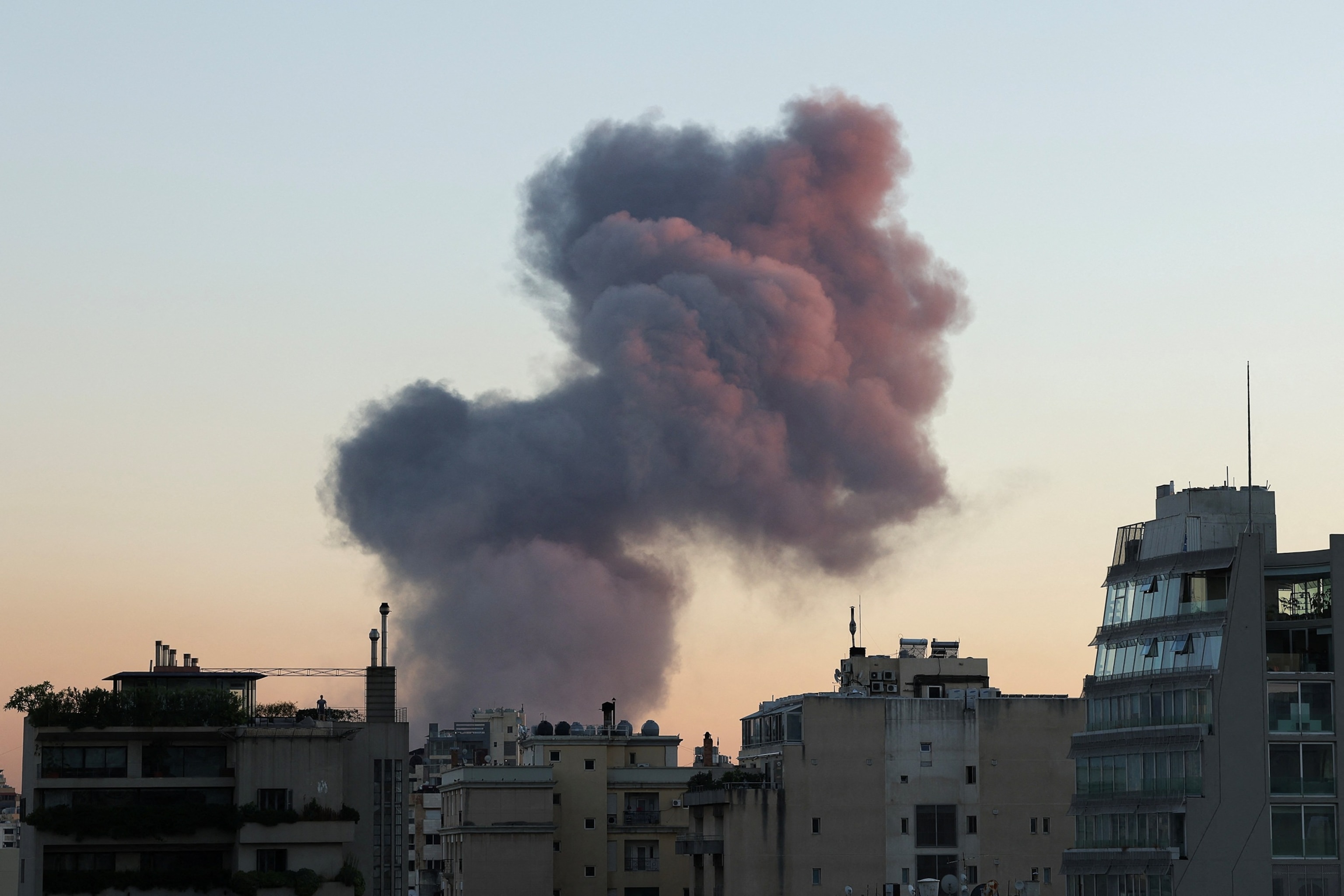
Smoke rises above Beirut’s southern suburbs during an Israeli strike on Sept. 27, 2024.
Emilie Madi/Reuters
A missile was fired into a Beirut neighborhood on Thursday, according to video released by the Israeli military. The strike, which hit a southern Beirut suburb, killed the head of one of Hezbollah’s air force units, Mohammad Surur, according to the military.
Separately, at least 19 people were injured after a missile from Yemen’s Iran-backed Houthi rebels was intercepted over central Israel late Thursday, according to Israeli authorities.
Speaking at the United Nations on Friday, Netanyahu sought to rally international support as Israeli officials say they are planning for a potential ground invasion into Lebanon.
French President Emmanuel Macron called the number of civilian victims of Israeli strikes in recent days “absolutely shocking” and called on both Israel and Hezbollah to stop attacks across the border.
France is “opposed to Lebanon becoming Gaza again,” Macron said.
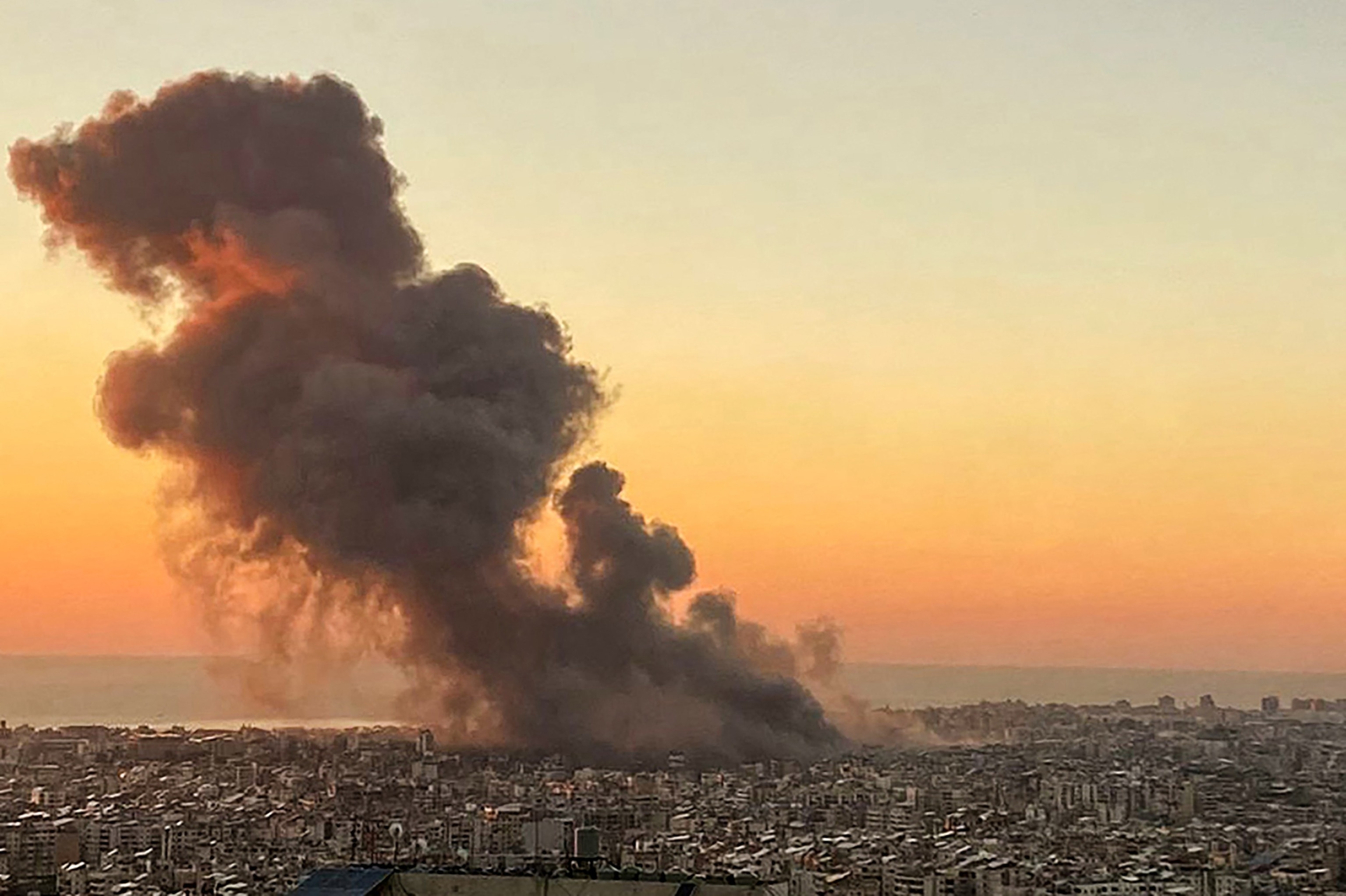
Smoke rises above Beirut’s southern suburbs during an Israeli strike on Sept. 27, 2024.
AFP via Getty Images
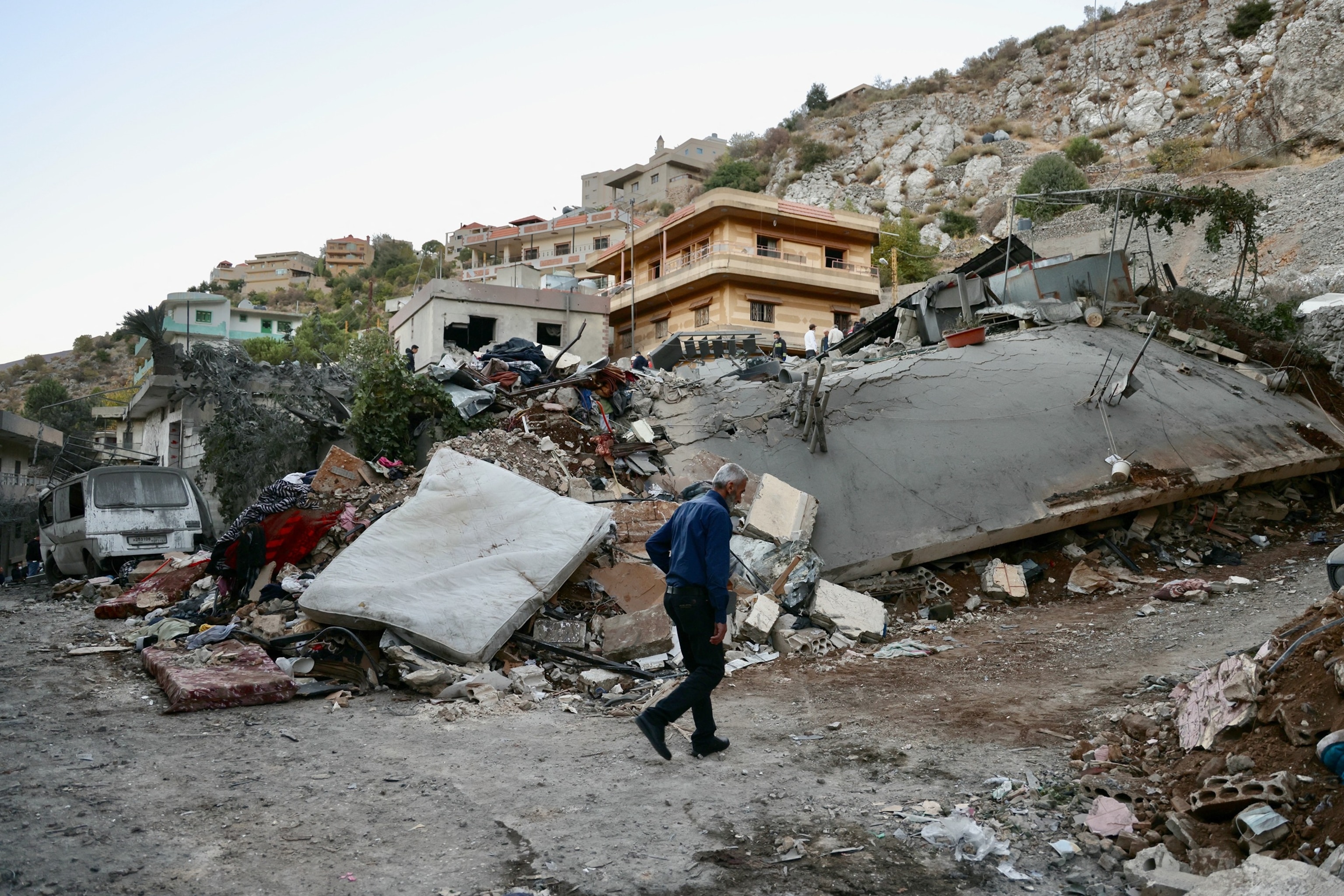
A man checks the destruction following an overnight Israeli airstrike in the southern Lebanese village of Shebaa near along the border between the two countries, Sept. 27, 2024.
Rabih Daher/AFP via Getty Images
Reacting to Netanyahu’s comments Thursday, in which the Israeli prime minister signaled he was unwilling to agree to a cease-fire, Macron said he thought those remarks were not definitive.
“We will continue our contact and close coordination with our American partners, all our mobilized partners, including Canada, and by communicating with the Israelis ourselves, we will do everything to ensure that this proposal is accepted,” Macron said.
Speaking Thursday at the United Nations General Assembly in New York, Lebanese Foreign Minister Abdallah Bou Habib renewed calls for a cease-fire in Lebanon amid concerns Israel is preparing for a ground invasion.
A senior US official has reported that Israel conducted a strike on targets in Beirut, specifically targeting Hezbollah leader Hassan Nasrallah. The strike comes amidst escalating tensions in the region and growing concerns over Hezbollah’s influence and activities.
Hezbollah, a Shiite militant group based in Lebanon, has long been a thorn in the side of Israel and the US. The group is considered a terrorist organization by both countries and has been involved in numerous conflicts and attacks against Israeli and American interests.
Hassan Nasrallah, the leader of Hezbollah, is seen as a key figure in the group’s operations and is believed to have played a significant role in planning and carrying out attacks against Israel. The strike on his location in Beirut is seen as a significant blow to Hezbollah and a message to the group that its actions will not go unpunished.
The US official, speaking on condition of anonymity, stated that the strike was carried out with the knowledge and support of the United States. The official also emphasized that the US remains committed to supporting Israel’s right to defend itself against threats from groups like Hezbollah.
The strike on Nasrallah comes at a time of heightened tensions in the region, with Israel and Iran engaging in a war of words and threats. Iran is a key supporter of Hezbollah and has provided the group with weapons, training, and funding. The strike on Nasrallah is seen as a warning to Iran as well, that its support for terrorist groups will not be tolerated.
The US official did not provide details on the specific nature of the strike or the extent of the damage caused. However, it is clear that the strike was intended to send a strong message to Hezbollah and its supporters that their actions will have consequences.
The situation in the Middle East remains fluid and unpredictable, with the potential for further escalation and conflict. The strike on Nasrallah is just the latest development in a long-standing conflict between Israel, Hezbollah, and their respective allies. It remains to be seen how Hezbollah will respond to this latest provocation and what impact it will have on the already volatile situation in the region.
